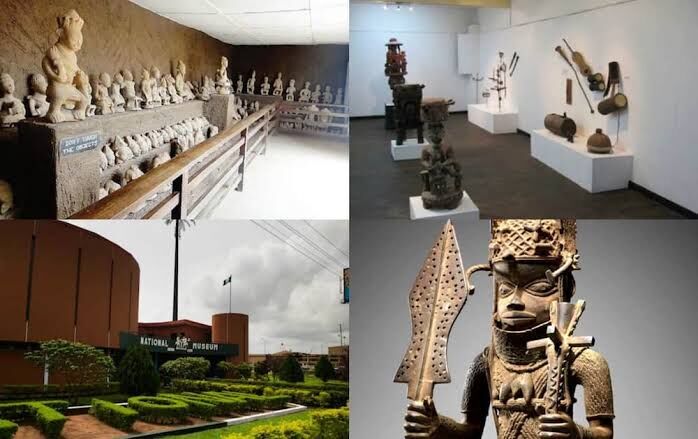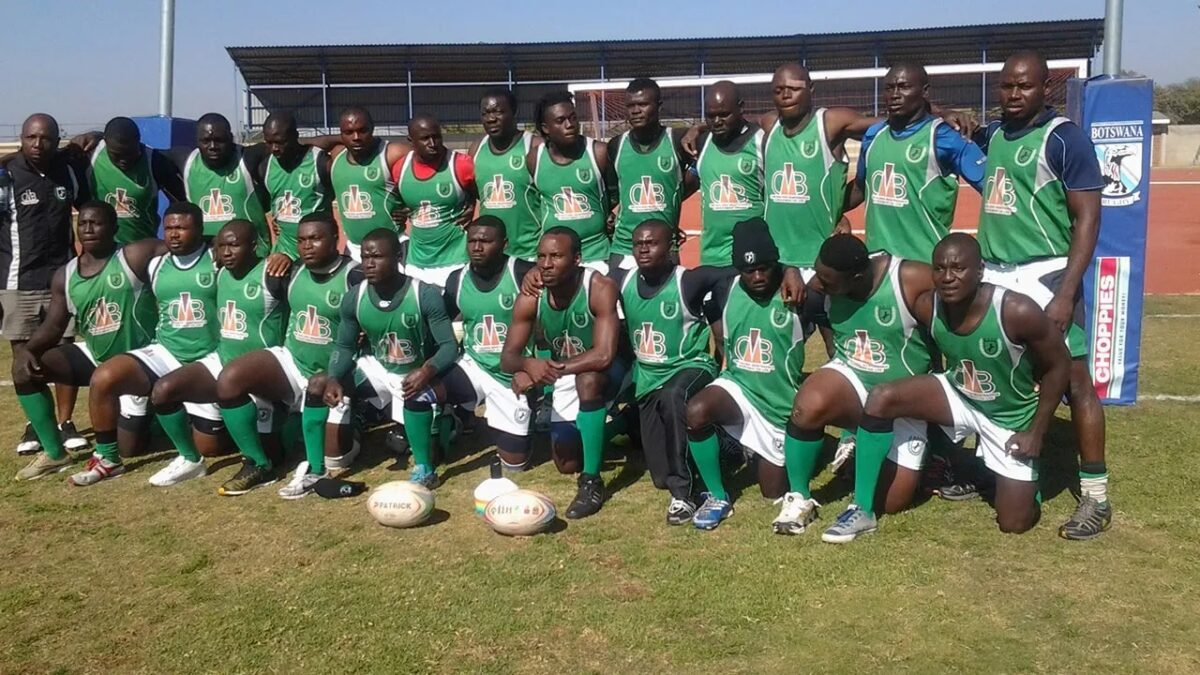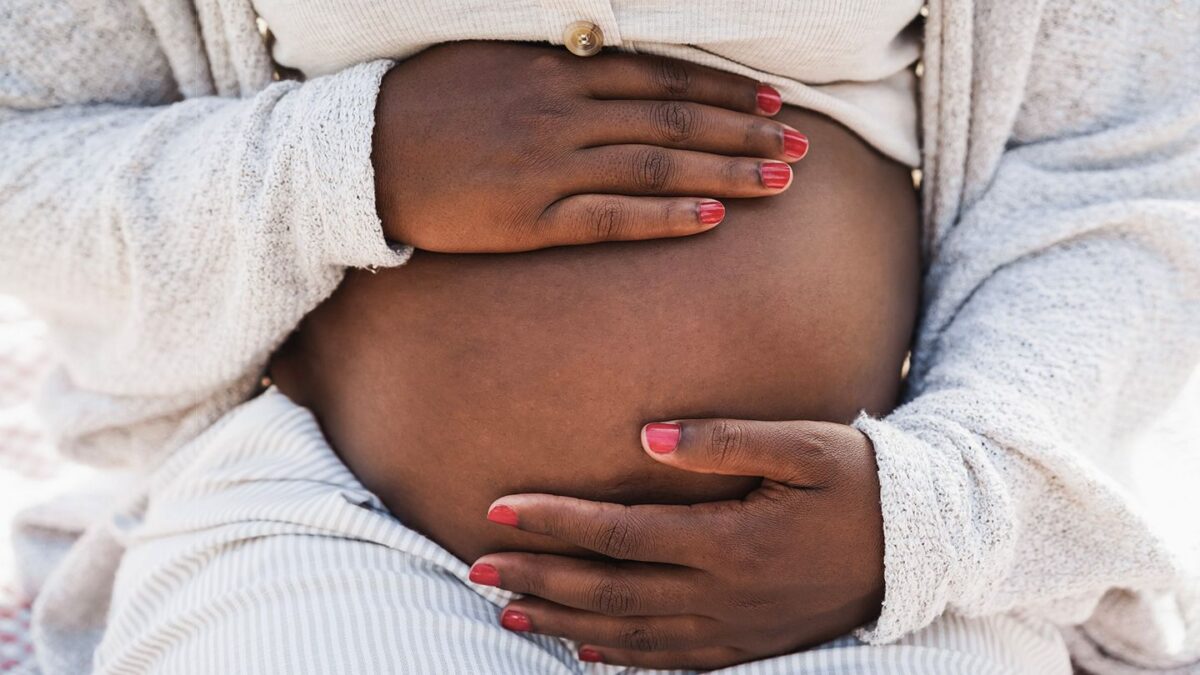
May 29: It is a New Dawn in Nigeria…..
As a new dawn begins in Nigeria and Akwa Ibom state, the citizens of Africa’s most populous country and the Land of promise have high hopes and expectations for positive change.
Today, May 2019 marks the begining of President Bola Ahmed Tinubu and Governor Umo Bassey Eno’s reign as the Chief Excutives of their domains. The transition of power offers an opportunity for leaders to address pressing issues, implement reforms, and steer the nation towards progress. Nigerians are eagerly anticipating the actions and policies of the new government,so are Akwa Ibomites, as they seek solutions to long-standing challenges and aspire for a brighter future. Together, let us explore the expectations as a new government takes charge.
Tackling Corruption:
One of the foremost expectations of Nigerians is the government’s commitment to effectively combat corruption. Corruption has been a significant hindrance to Nigeria’s development, affecting various sectors such as politics, public services, and the economy. Citizens expect the new government to demonstrate a strong will to prosecute corrupt individuals, establish transparent systems, and promote accountability at all levels of governance.
Security and Safety:
Nigeria has been grappling with security challenges, including insurgency, terrorism, communal clashes, and banditry. The new government must prioritize the safety and security of its citizens. Nigerians expect a comprehensive approach to tackle these issues, focusing on intelligence gathering, equipping security agencies, and addressing root causes such as poverty and unemployment that contribute to insecurity.
Economic Stability and Diversification:
Nigeria’s economy heavily relies on oil revenue, leaving it vulnerable to global oil price fluctuations. Nigerians hope for a government that will prioritize economic stability and diversification. They anticipate policies that promote investments, job creation, and entrepreneurship. A renewed focus on sectors such as agriculture, manufacturing, technology, and renewable energy can help reduce dependence on oil and foster sustainable economic growth.
Infrastructure Development:
Decades of inadequate infrastructure have hampered Nigeria’s progress. Citizens eagerly await a government that prioritizes infrastructure development, including roads, railways, airports, power supply, and broadband connectivity. Enhanced infrastructure will not only improve the quality of life for Nigerians but also attract investments and stimulate economic activities across the country.
Education and Healthcare:
Nigerians place great importance on education and healthcare. They expect the new government to invest in the education sector, addressing challenges such as inadequate infrastructure, teacher training, and access to quality education. Similarly, citizens look forward to improved healthcare services, increased funding, and the establishment of functional healthcare facilities across the nation.
Youth Empowerment and Job Creation:
Nigeria’s youth population is vibrant and energetic, but unemployment remains a significant challenge. As a new government takes charge, young Nigerians anticipate policies that prioritize their empowerment and create job opportunities. Initiatives such as skills development programs, entrepreneurship support, and access to affordable credit can unlock the potential of Nigerian youth and drive economic growth.
Good Governance and Inclusive Leadership:
Nigerians aspire for a government that upholds the principles of good governance, transparency, and accountability. They expect leaders who will listen to their concerns, engage in inclusive decision-making, and implement policies that benefit all citizens, regardless of ethnicity, religion, or social background. Strengthening democratic institutions and promoting civic participation are key expectations in this regard.
Unity and Togetherness:
Nigeria is a country with a rich and diverse culture. It is home to over 250 ethnic groups, each with its own unique language, customs, and traditions. This diversity can be a source of strength, but it can also be a source of division.
In recent years, Nigeria has been plagued by ethnic violence. This violence has been fueled by a number of factors, including poverty, unemployment, and political disenfranchisement.
There are a number of things that can be done to foster unity in Nigeria. One important step is to promote education. Education can help people to understand and appreciate the different cultures of Nigeria. It can also help to create a sense of common identity among Nigerians.
Another important step is to promote economic development. Economic development can help to reduce poverty and unemployment, which are two of the root causes of ethnic violence. It can also help to create a sense of hope and optimism among Nigerians, which can help to promote unity.
Finally, it is important to promote political participation. Political participation can help to ensure that all Nigerians have a voice in their government. It can also help to build trust between the government and the people, which can help to promote unity.
Fostering unity in Nigeria is a complex challenge. However, it is a challenge that must be met if Nigeria is to achieve its full potential.
Food Security:
Nigeria is also a major food producer, but it is also a country with a high rate of food insecurity. There are a number of factors that contribute to food insecurity in Nigeria. These include Poverty; where Over 40% of Nigerians live below the poverty line. This means that they cannot afford to buy enough food to meet their basic needs.
Nigeria is a country with a long history of conflict, which has displaced millions of people and disrupted agricultural production.
Other issues such as Climate change, and Inadequate infrastructure
The government of Nigeria is aware of the problem of food insecurity and should immediately take steps to address it. These steps include Investing in agriculture, promoting nutrition by educating people about the importance of a healthy diet.
These are just some of the steps that are being taken to address food insecurity in Nigeria. However, more needs to be done to ensure that everyone in Nigeria has access to enough food to meet their basic needs.
As we begin the Journey of another 4 years under the new Leadership, the expectations of Nigerians are centered around key issues such as corruption, security, economic stability, infrastructure development, education, healthcare, youth empowerment, and good governance. The government’s ability to address these expectations will determine the extent to which Nigerians experience positive change and progress in the coming years. With a clear focus on these priorities, combined with effective implementation and engagement with the citizenry, Nigeria can move closer to realizing its full potential as a prosperous and inclusive nation and Akwa Ibom; The Land of Promise Fulfilled.
Thank you President Muhammadu Buhari and Governor Udom Emmanuel, you have done your best, your race is run.
Good Luck to President Bola Ahmed Tinubu and Governor Umo Bassey Eno, it is in your hands now, History will remember.
Adebayo Samuel Writes from Uyo, Akwa Ibom state.










